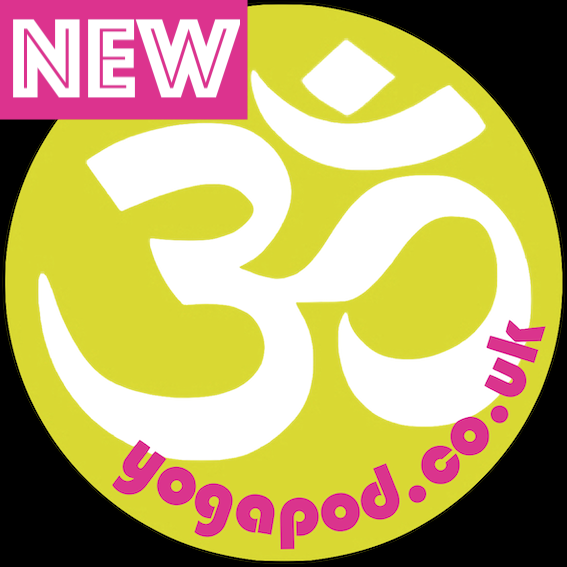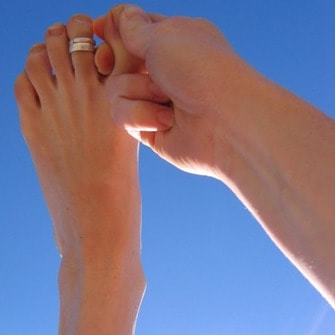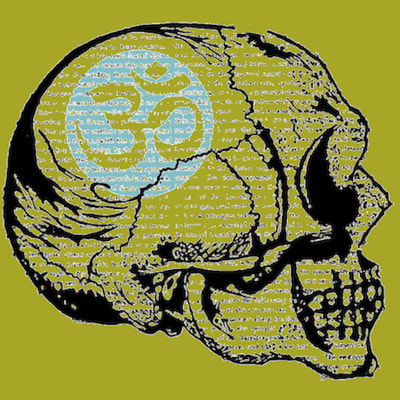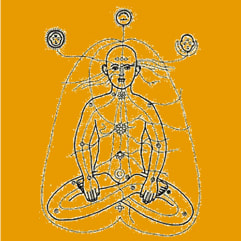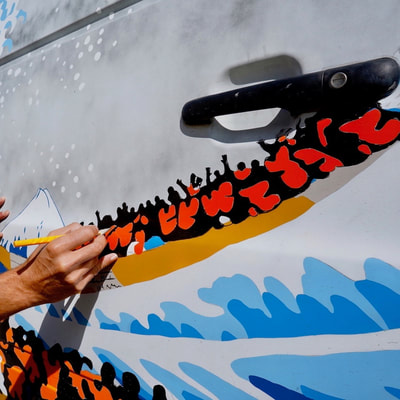Chintan Upadhyay
|
Sunday 21st July 2019 Dhrupad: Indian Classical Music workshop at 3.30pm / and concert at 5pm at Bull Mill Arts £15 per person, booking essential. Chintan Upadhyay is a master singer in the Dhrupad tradition. For the workshop and presentation he will be joined by his wife, Apeksha, and Olmo Cassiba his drummer playing the Pakhawaj . Chintan's workshops are a beautiful, inspiring and profound initiation into the roots of Indian Classical Music and will provide you with embodied insights into this dimension for ever. |
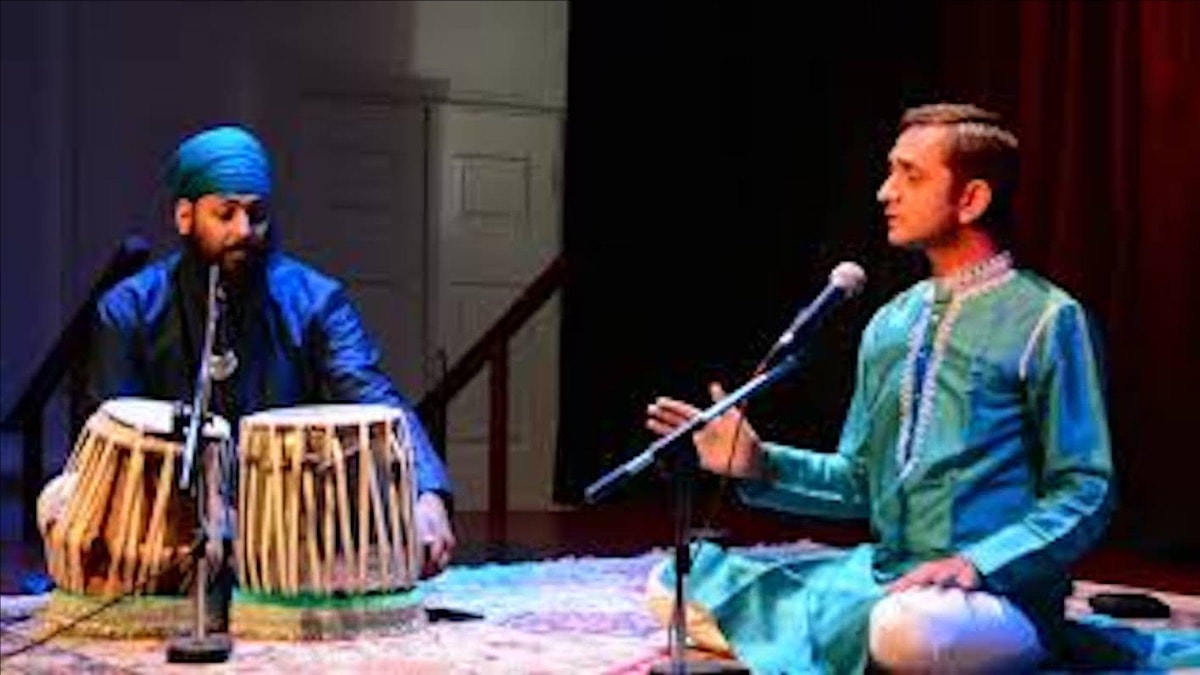
This special event is organised by Dean Brodrick, resident composer at Bull Mill Arts, and will take place in our yoga studio.
|
About Dhrupad :
The word Dhrupad is made of two words 'Dhruv' meaning steady and 'Pada' meaning poetry. Dhrupad is one of the ancient Indian Classical Music forms still alive today. It is a prayer to the divine energy of Raag, the melody, and an invocation to the sound meditation through chanting of various sound syllables derived from Sanskrit Mantra "Om Anant Hari Narayana"
Origin:
This form has its origin from Saam Veda, one of the four Vedas which had music as a prayer to the Divine. The purpose of this form is introspection and contemplation through the medium of Raag and Svara (melody and the note). Dhrupad is considered as a prestigious style of practice as it is supposed to be the origin of all classical forms of Indian Classical Music. It is the mother of Indian Classical music.
About the workshop :
The workshop will include the explanation of the ancient tradition of Dhrupad
and how one can practice it, with the traditional tips handed down through an oral tradition. Chintan will teach a traditional composition depending on the moment's inspiration and he will show the students how it helps in improving focus and concentration. He will teach the sacred sound syllables through which the abstract dialogue with the Raga is established. Then he will teach how these syllables can be used for structuring an Alap. Explanations and demonstrations of basic terms like Raga (melody), Taal (rhythmic cycle), Bandish (composition), and Upaj (improvisation) will all be included.
